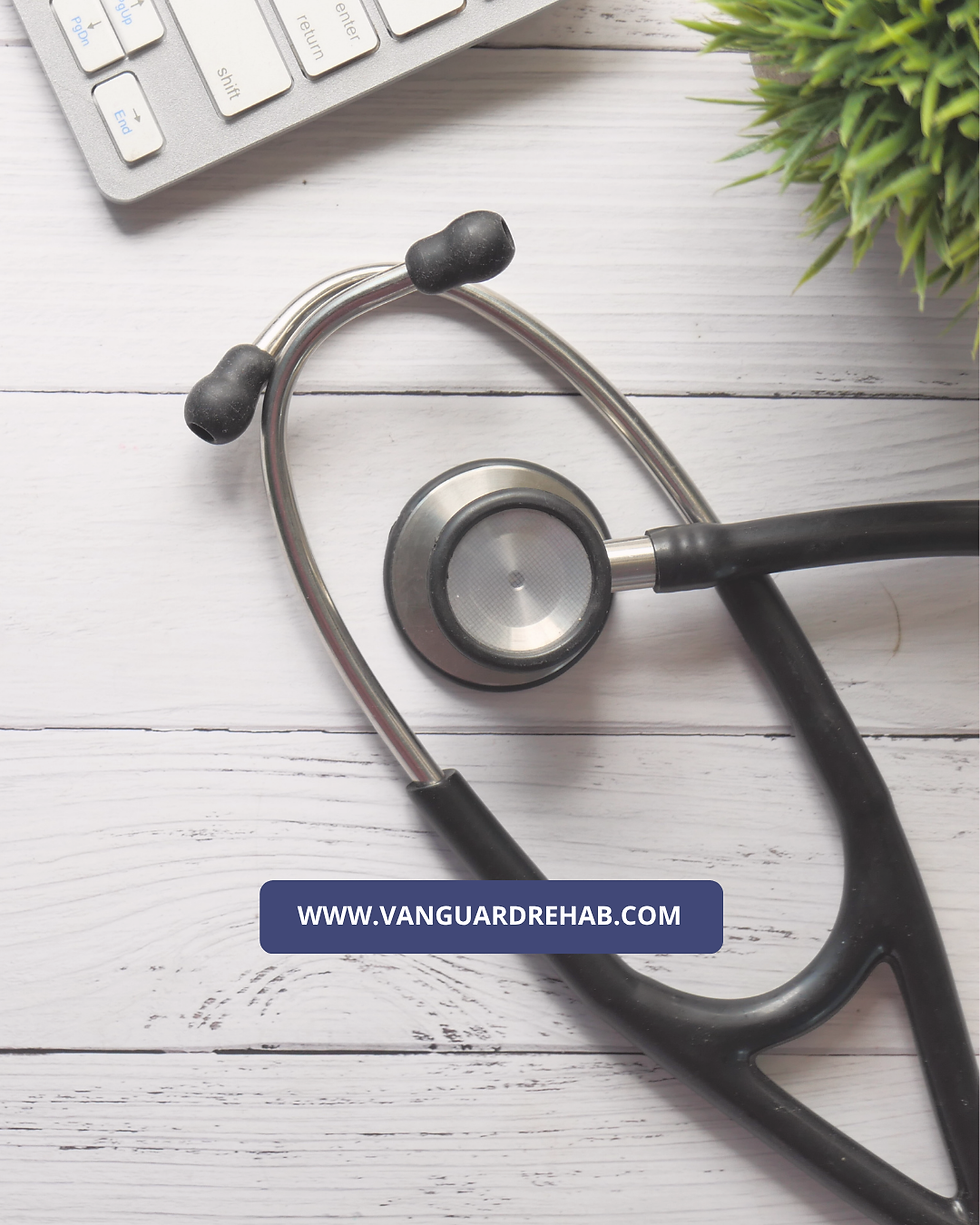From surviving to thriving: Tackling depression after a stroke
- assistant1100
- Mar 13, 2025
- 2 min read
Depression is a complex emotion that can significantly impact individuals, especially after a stroke. Historically, mental and physical health were treated separately, but there is now a growing recognition of the need to address both simultaneously. This is particularly important for stroke survivors, who often face emotional and psychological challenges alongside their physical recovery.
Research shows that depression affects about one-third of stroke survivors, with rates ranging from 20% to 65%. This connection can be attributed to several factors. Biologically, a stroke can alter brain chemistry, affecting mood regulation. Psychologically, survivors may struggle with feelings of loss and uncertainty about their future, leading to despair. Socially, changes in relationships and communication difficulties can result in isolation, further exacerbating feelings of loneliness.
Recognizing the symptoms of depression is crucial for timely intervention. Common signs include persistent sadness, loss of interest in activities, changes in appetite, sleep disturbances, fatigue, and difficulty concentrating. In severe cases, thoughts of suicide may arise, highlighting the urgent need for support.
Treatment options for depression in stroke survivors are varied and can be tailored to individual needs. Psychotherapy, particularly cognitive-behavioral therapy (CBT), can help survivors process their emotions. Medications, such as antidepressants, may also be prescribed, with careful consideration of interactions with other stroke recovery medications. Support groups can provide emotional support, while lifestyle changes—like physical activity and social engagement—are essential for improving mental health.
Caregivers play a vital role in the recovery process. They should be vigilant in recognizing signs of depression and encourage open communication about feelings. Creating a supportive environment can help survivors feel understood and less isolated. Engaging in activities together can combat loneliness, and caregivers should seek professional help when necessary.
At Vanguard Clinic, we understand the complexities of depression after a stroke and are here to support you through the recovery process. Call us today to schedule an appointment with Dr. Oni to help you and your loved one on your stroke journey.





Comments